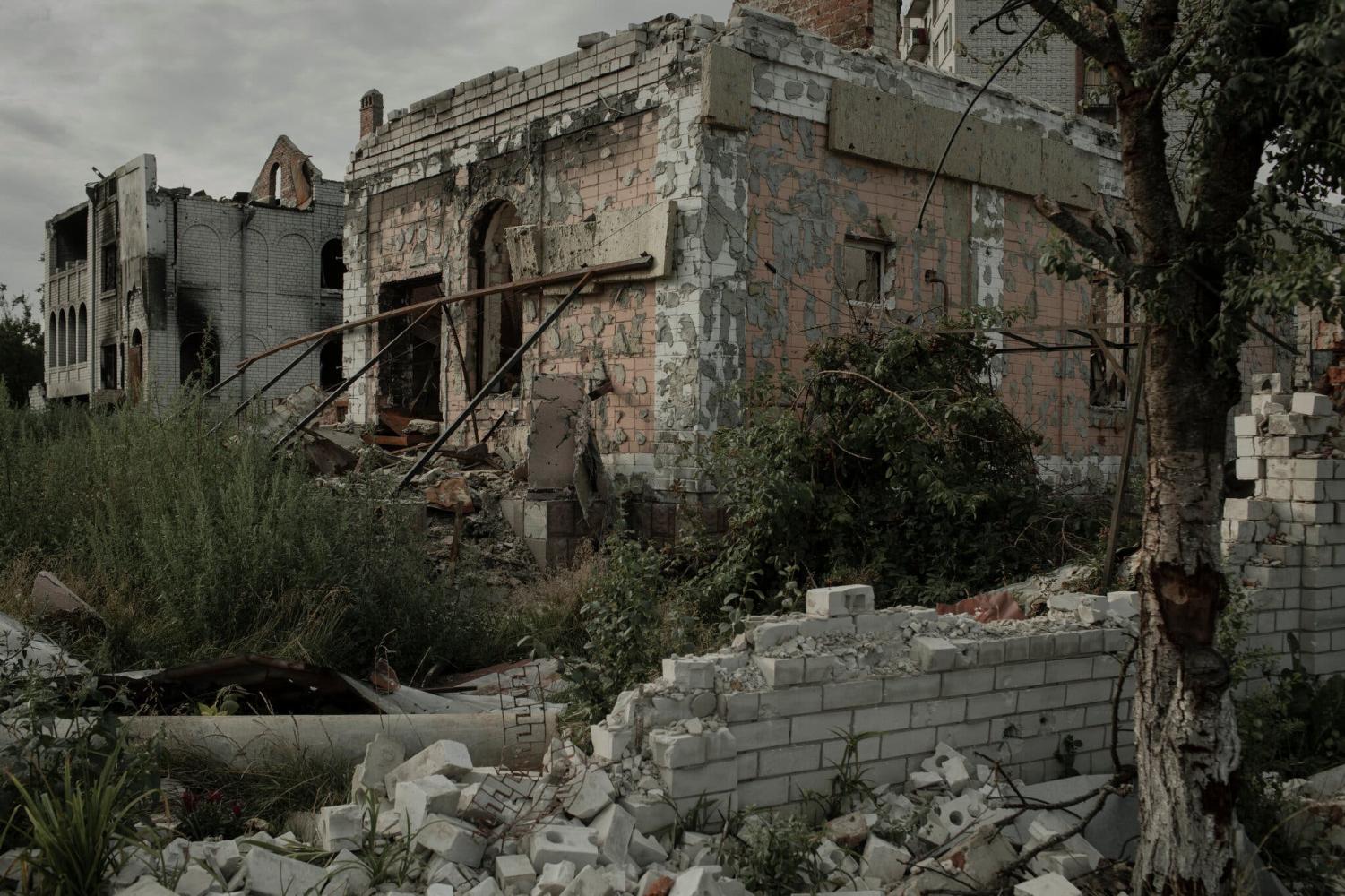The Lives of Ukrainian Women and Children: A Year of the Russia-Ukraine War
The disregarded victims of the Russia-Ukraine war
February 18, 2023
These staggering statistics constitute the consequences of the Russia-Ukraine war—a war that has displaced about 14 million people. Tragedy after tragedy has occurred these last months of the war between Russia and Ukraine. Beginning with the Russian attack on Kyiv, the Ukrainian capital, both forces have been at war for roughly a year. And even as millions of people were affected and forced to flee their homes amidst the fighting, two groups that are commonly overlooked during war became a primary victim: women and children.
Since the start of the crisis, women have led war efforts as both combatants and civilians, with women joining the army and running family businesses at home. Many women were suddenly thrust into the role of sole caretaker of their families, following the draft of Ukrainian men ages 18 to 60.
Prior to the war, there were already notable differences between the lives of Ukrainian men and women. In addition to a list of careers that women were banned from participating in, they also faced great job instability, exacerbated by the COVID-19 crisis. Furthermore, the rates of gendered crimes against women in Ukraine were already staggering: one in three women had experienced sexual violence at some point.
Because they are exposed to the ravages of the invading Russian army, women have been the most vulnerable to facing displacement during this war. Specifically, displacement means a lack of housing, food, warmth, and safety, which in the cold winters of Ukraine have been particularly devastating. Civilians have been cut off from critical physical and mental health care, which has also been an unfortunate key target in Putin’s strategy. One devastating attack occurred on March 9, 2022, in which Russians bombed a maternity hospital in the city of Mariupol; among the victims were many young kids, as well as pregnant mothers and their unborn children.
Among the 14 million displaced civilians are millions of children who have been extremely vulnerable to the effects of the war. Poor water and sanitation, minimal food, lack of healthcare, education, and housing, and a constant exposure to traumatic events will continue to affect their lives for years to come.
Thousands have been reported killed or injured (although these numbers continue to increase daily), and many more have been separated from their families and subjected to horrific human rights violations.
Additionally since the start of the Russia-Ukraine War, there have been reports of women experiencing sexual assault, gang rape, forced marriages, trafficking, amongst other forms of violence and force at the hands of Russian soldiers. Russian officials have ignored the evidence of numerous human rights abuses, and Russian President Vladimir Putin has repeatedly dismissed the stories as unsubstantiated.
However, these instances of violence are not isolated, but are organized, strategic, and condoned by officials, with victims ranging from infancy to 82 years of age. Many reported cases had been verified to have included children, often occurring in the presence of another family member to further its demoralizing effect.
Many victims have detailed their firsthand accounts of the war, a crucial factor in constructing a timeline of events and documenting the tragedy and numerous war crimes in the wake of the Russian army. However, the stigma and fear surrounding sharing such stories persists, as many victims are still in unsafe positions and are afraid of Russian retaliation.
Organizations like UNICEF support women and children, who are disproportionately impacted by the war, through providing healthcare, education, and basic necessities. UNICEF primarily targets children due to their increased vulnerability, but applauds all efforts to help refugees.
Humanitarian aid from various agencies have promoted gender equality and equitable access to key services, but a significant challenge to expand these relief services has been funding. Increased monetary aid, whether from foreign governments or its citizens, can make a huge impact on improving the livelihoods of millions of women and children.
